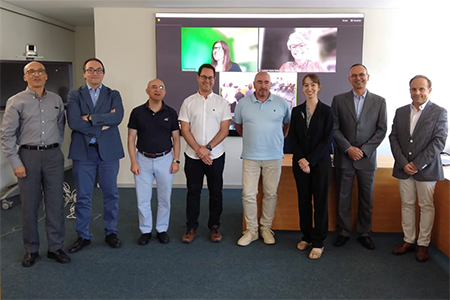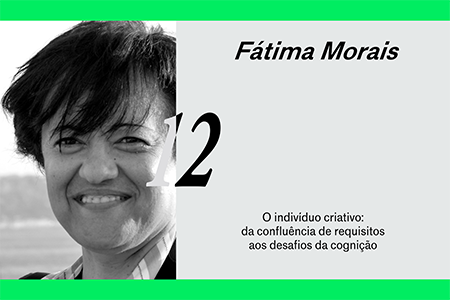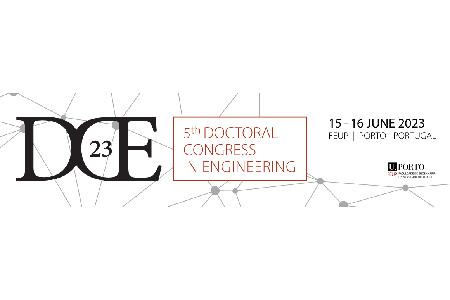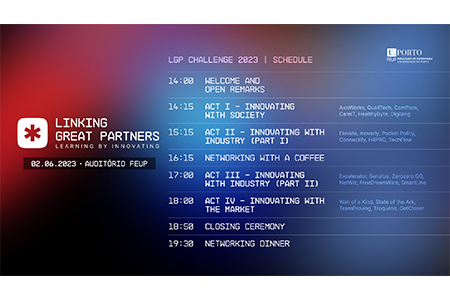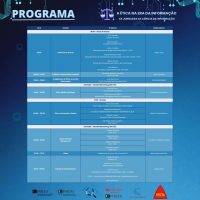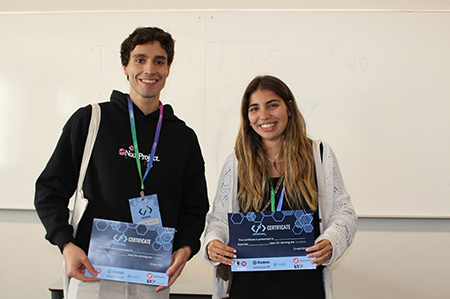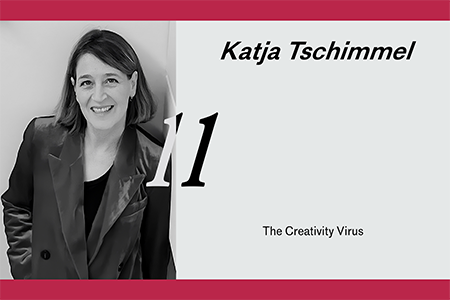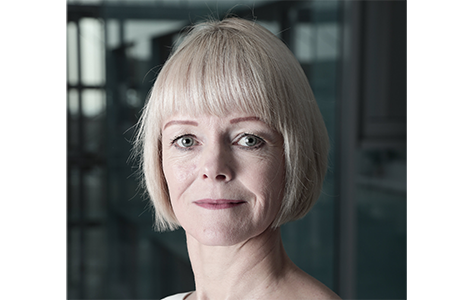Provas de Doutoramento em Media Digitais
Candidata:
Liliana Andreia da Rocha Santos
Data, Hora e Local:
29 de junho, às 14:00, na Sala de Atos da FEUP
Presidente:
Doutor Pedro Nuno Ferreira da Rosa da Cruz Diniz, Professor Catedrático do Departamento de Engenharia Informática da Faculdade de Engenharia da Universidade do Porto.
Vogais:
Doutora Luciane Maria Fadel, Professora Adjunta do Departamento de Expressão Gráfica da Universidade Federal de Santa Catarina, Brasil;
Doutora Teresa Isabel Lopes Romão, Professora Associada do Departamento de Informática da Faculdade de Ciências e Tecnologia da Universidade Nova de Lisboa;
Doutor João Paulo Fonseca da Costa Moura, Professor Auxiliar da Universidade de Trás-os-Montes e Alto Douro;
Doutor Paulo Simeão de Oliveira Ferreira de Carvalho, Professor Auxiliar do Departamento de Física e Astronomia da Faculdade de Ciências da Universidade do Porto;
Doutor António Fernando Vasconcelos Cunha Castro Coelho, Professor Associado com Agregação do Departamento de Engenharia Informática da Faculdade de Engenharia da Universidade do Porto (Orientador);
Doutor Rui Pedro Amaral Rodrigues, Professor Associado do Departamento de Engenharia Informática da Faculdade de Engenharia da Universidade do Porto.
Resumo:
“Comunicação Científica assume cada vez mais importância para sensibilizar as pessoas para o património natural, que é da maior importância para uma sociedade sustentável.
Esta tese propõe o uso de jogos sérios baseados na localização como uma ferramenta de media digital eficaz para a comunicação de ciência do património natural. A nossa hipótese é que os jogos sérios podem ser uma ferramenta eficaz para a comunicação de ciência do património natural e que os jogos sérios baseados em localização podem melhorar ainda mais a comunicação de ciência relativa ao património natural, permitindo que essa mensagem ocorra no seu respetivo contexto físico (in loco). Com as nossas questões de investigação procuramos descobrir qual o papel dos jogos sérios para a comunicação de ciência do património natural, como os jogos sérios baseados na localização podem contribuir para a comunicação de ciência do património natural e como podemos ajudar outras pessoas a projetar jogos sérios baseados na localização para comunicação de ciência do património natural.
Uma revisão sistemática da literatura ajudou a entender os possíveis papéis dos jogos sérios na comunicação de ciência. Revelou que eles podem aumentar a consciencialização, o gosto, o interesse, as opiniões e a compreensão do nosso património natural. Também identificámos diferentes tipos de tecnologias, mecânicas de jogos e conteúdos de comunicação de ciência que estes jogos integram.
Esta investigação segue a metodologia de Design science research. Desenvolvemos três protótipos de jogos para entender como os jogos sérios baseados na localização podem contribuir para esta área e, assim, responder à segunda questão de investigação. Estes jogos incluíam um mapa com pontos de interesse, a localização de um Sistema Global de Navegação por Satélite, informação georreferenciada, mini-jogos contextualizados, uma galeria de fotos colecionáveis e conteúdos para o público em geral. Foram desenvolvidos no contexto de um parque natural específico, no entanto, o conceito pode ser adaptado e aplicado a diferentes parques, jardins botânicos e outros espaços verdes.
O conhecimento e a experiência obtidos com a revisão da literatura e a criação dos protótipos ajudaram a desenvolver um modelo teórico e diretrizes para a criação de jogos sérios baseados na localização para comunicação de ciência do património natural, respondendo assim à terceira questão de investigação. O modelo teórico inclui o contexto, objetivos, procedimentos, o produto e as respostas. As diretrizes auxiliam ainda mais na análise, design, desenvolvimento e avaliação. Um workshop de cocriação para idealizar jogos sérios baseados na localização para um parque urbano foi criado para validar o modelo teórico e as diretrizes.
Os jogos sérios baseados na localização são uma ferramenta de media digital eficaz para a comunicação de ciência do património natural, permitindo a comunicação de forma mais contextualizada, melhorando assim a experiência do visitante. Por último, como principais contribuições, propomos um modelo teórico e um conjunto de diretrizes para a conceção de jogos sérios baseados na localização para a comunicação de ciência do património natural.”
Palavras-chave: Jogos sérios, Jogos Baseados na Localização, Comunicação de Ciência, Património Natural.
